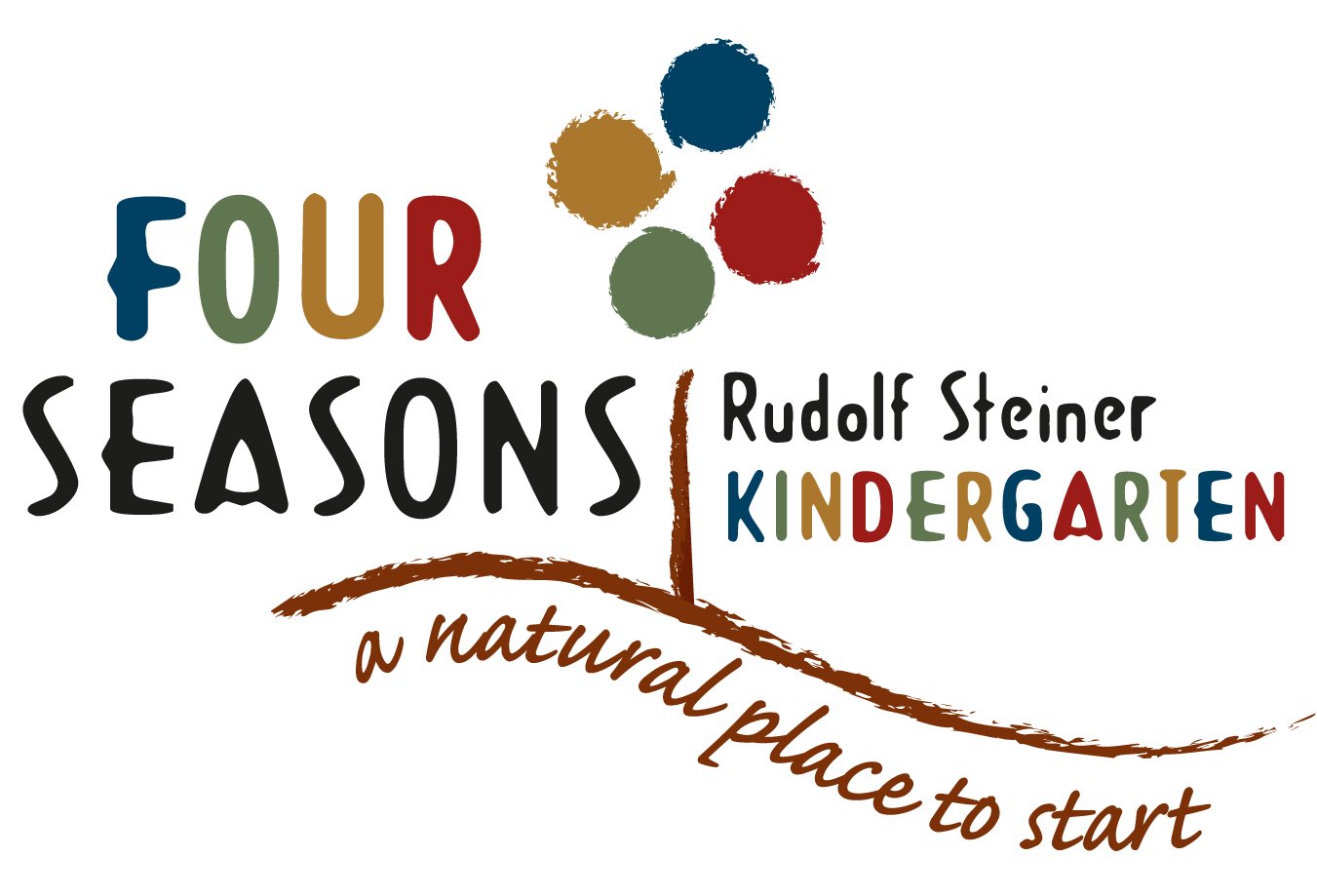FAQs
-
Each day of the week is known by the meal that is shared at lunch. Monday is Rice Day, Tuesday is Soup Day and so on. Every week, the same dish is prepared along with a fresh salad (except on Soup Day).
For some children, sitting at a table with many people can be challenging. It is a busy and social time. Much is expected of the young tamaiti; to sit on their chair next to a friend, eat, coordinate their water cup. Tamariki korero amongst themselves, it’s a time for connection as well as eating. We have found that keeping the same rhythm with the food for the young child creates certainty. There is a familiarity with the day and the expectations of sitting still, eating and socialising with their friends is done with ease.
-
We have given great thought to our curriculum and chosen particular opportunities to strengthen our bi-cultural practice.
From our philosophical standpoint, and from what you have observed in your child’s experience at kindergarten, you will understand that we are about protecting the special nature of early childhood. We aim to build a strong base of physical, emotional, and social competence during this stage, so that children are ready and inspired to embark on the teacher led academic learning of their school lives.
At kindergarten we choose to surround the children with experiences such as planting, harvesting, sharing of kai, story- telling in Maori, or about local Maori legends, spontaneous waiata, flax weaving, whanau hangi, whanau visiting to local marae, and the aspect of akonga- shared teaching and learning opportunities, just to name a few.
We choose not to take part in the local Tuwharetoa kapa haka festival which takes place annually, as the experience of performing to such a large audience does not sit comfortably with our research and observations of the nature of early childhood. Children will be well ready for the experience of this wonderful festival later in their school lives.
In conclusion I return to our motto of ‘an unhurried approach to childhood’, ‘nga tamariki nga rangatira mo apopo’- our children are our leaders of tomorrow.
As always we welcome your words of support, questions, or comments, by using the comments box or emailing the office.
-
After a lengthy period of self-review and child studies, we have become aware of the benefits of a minimum three day enrolment at kindergarten.
We notice that children who are with us for three or more days a week settle much quicker and become confident and competent with the rhythms and routines of kindergarten. They become much more embedded in the social group. Whereas a child who is only here for two days finds that the playmates they played with one day have moved on by the time they return.
We find that the gap between kindergarten sessions is too great for continuity, both for the child and the teacher, if kindergarten enrolment is fewer than three days a week.
We strive for the best teaching and learning environment for tamariki at Four Seasons, and thus have moved to a minimum three day enrolment in our enrolment policy, effective from 1 April 2016.
-
The relationships we have with whānau at Four Seasons are really important to us. We believe that to love, nurture and educate tamariki in our care, we must build trusting relationships with the whānau from which they are a part of. Experiences at kindergarten are shared with a ‘journey book’ capturing the learning tamariki do with us, documenting a child’s time as they grow and develop. We also come together for seasonal festivals and parent evenings. These are wonderful events where a real sense of community is felt. We all cherish these occasions, where parents, friends and kaiako share kai and each others company. Regularly we set aside time for in depth sharing and discussion about the journey of tamariki with individual whanau, this strengthens the journey for each tamaiti with us. The nurturing of tamariki is one that we honour in partnership with whānau.
-
We are a Ministry of Education licenced Early Childhood Education Centre and tamariki who are aged 3 – 6 years are able to use 20 ECE hours funding with us. We have an additional daily fee of $15.00 per enrolled part or full day to cover all daily meals and snacks, high kaiako/tamariki ratio, parent education & support classes, and our Waldorf Steiner special character. If your tamaiti is with us more than 20 hours per week, there is an hourly charge of $7.00 per hour. If your tamaiti is under 3 years, the hourly charge is $7.00 per hour.
To make it simple (because fees and enrolment can be confusing to work out sometimes) if your tamaiti is aged 3 – 6 years:
3 day enrolment (up to a 6 hour day) $45.00 per week
4 day enrolment (up to a 6 hour day) $88.00 per week
5 day enrolment (up to a 6 hour day) $145.00 per week
If your child is under 3 years, please be in touch to discuss your individual needs and costs.
-
Our whānau handbook is a living document that evolves as we do, to meet the needs of whānau, tamariki and kaiako in our community. You can download a copy here.
